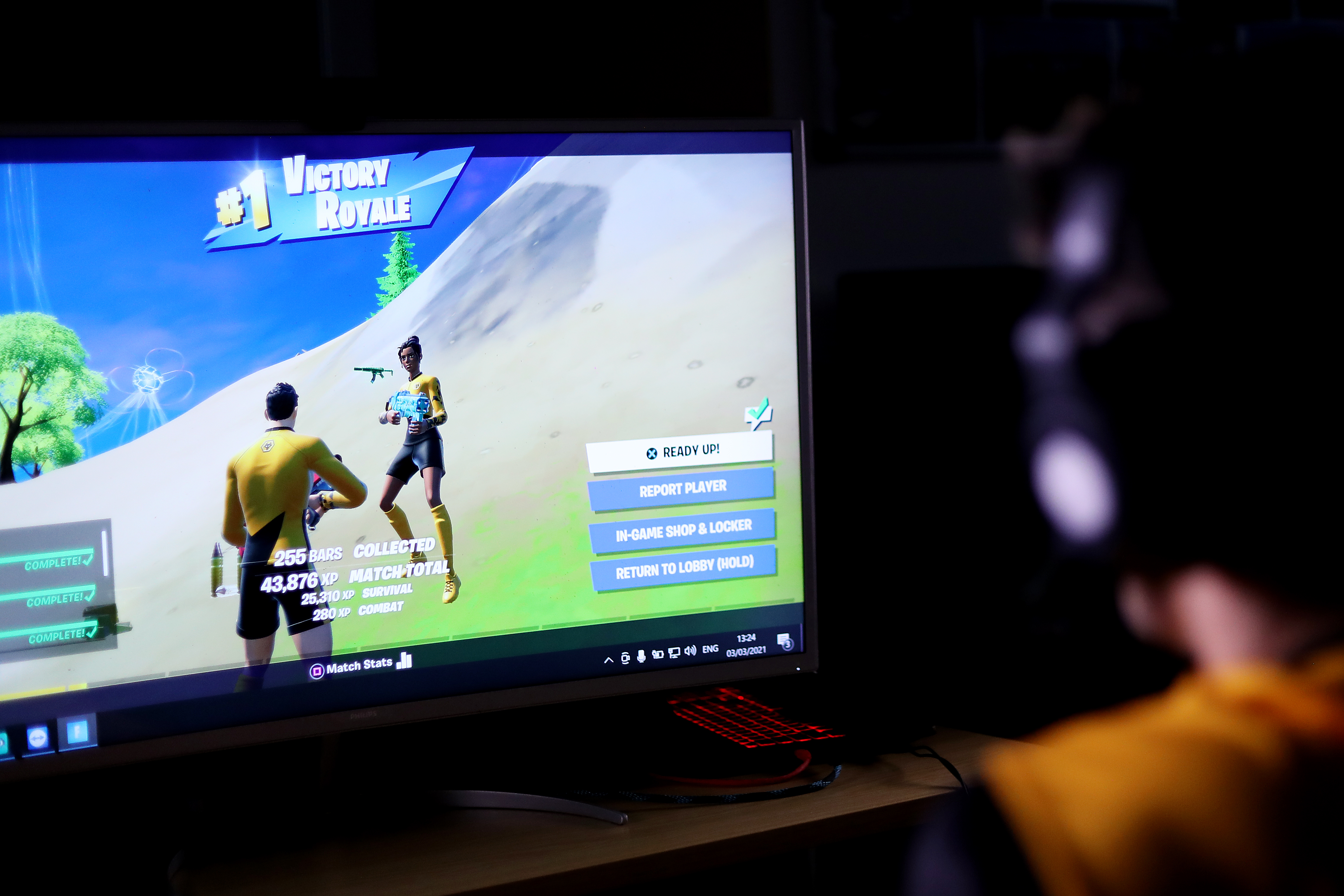
A New Mexico judge has rejected a request by Alec Baldwin to dismiss the sole criminal charge against him in a fatal shooting on the set of the movie “Rust,” keeping the case on track for a trial this summer.
Judge Mary Marlowe Sommer on Friday upheld an indictment charging Baldwin with one count of involuntary manslaughter in the death of cinematographer Halyna Hutchins in 2021. The judge rejected defense arguments that prosecutors flouted the rules of grand jury proceedings to divert attention away from exculpatory evidence and witnesses.
Special prosecutors have denied accusations that the grand jury proceedings were marred and say Baldwin made “shameless” attempts to escape culpability, highlighting contradictions in his statements to law enforcement, to workplace safety regulators and in a televised interview.
Friday’s decision removes one of the last hurdles for prosecutors to put Baldwin on trial in July.
“We look forward to our day in court,” defense attorneys Luke Nikas and Alex Spiro said in an email.
During a rehearsal on the set of the Western film, Baldwin pointed a gun at Hutchins when the revolver went off, killing her and injuring director Joel Souza. Baldwin has maintained that he pulled back the gun’s hammer but not the trigger.
Get Tri-state area news delivered to your inbox.> Sign up for NBC New York's News Headlines newsletter.
Baldwin has pleaded not guilty to the involuntary manslaughter charge, which carries a maximum sentence of 1.5 years in prison.
U.S. & World
Marlowe Sommer rejected arguments that prosecutors acted in “bad faith” after reviewing transcripts of the January grand jury proceedings, noting that prosecutors are not required to present exculpatory evidence.
“New Mexico law does not require a prosecutor to present exculpatory evidence to a grand jury, or require a grand jury to even consider exculpatory evidence after alerted to its existence,” the judge wrote.
She acknowledged that some questions by grand jurors were deferred to a hired expert witness for the prosecution, but she said that didn’t prevent the jury from making an independent determination in charging Baldwin.
Court arguments last week on the motion to dismiss stretched for more than two hours, as defense attorneys for Baldwin accused prosecutors of cutting off questions from grand jurors and making little or no effort to communicate with defense witnesses in case they were called upon. Detailed records of the grand jury proceedings are not open to the public.
Lead special prosecutor Kari Morrissey said she ensured jurors had questions answered by witnesses with relevant experience and that the grand jury was shown that it had access to boxes of evidence supplied by the defense. Baldwin did not appear at the hearing.
Prosecutors last year dismissed an earlier involuntary manslaughter charge against Baldwin after being told the gun he was holding might have been modified before the shooting and malfunctioned. A new analysis of the gun last year enabled prosecutors to reboot the case.
Prosecutors have turned their full attention to Baldwin after a judge in April sentenced movie weapons supervisor Hannah Gutierrez-Reed to the maximum of 1.5 years at a state penitentiary on an involuntary manslaughter conviction for Hutchins’ death.
The two-week trial of Gutierrez-Reed gave attorneys for Baldwin and the public a unusual window into how the actor’s own trial could unfold.
Baldwin figured prominently in testimony and closing arguments that highlighted his authority as a co-producer and the lead actor on “Rust.” Both the prosecution and defense in Gutierrez-Reed’s trial dissected video footage of Baldwin before the fatal shooting for clues about breakdowns in firearms safety.
Prosecutors said Gutierrez-Reed unwittingly brought live ammunition onto the set of “Rust,” where it was expressly prohibited, and failed to follow basic gun safety protocols. Gutierrez-Reed is appealing her conviction but hasn't yet filed detailed arguments.



